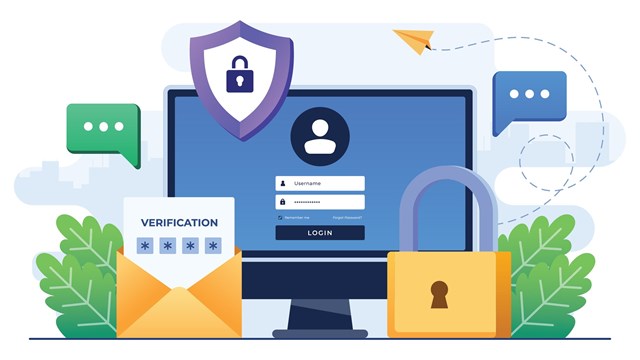
Q. Can a board restrict access to voice recordings of an executive closed session board meeting?
—Concerned About Ethics
A. “The question posed as to whether or not a voice recording of an executive session of the board of directors can be restricted raises a number of concerns and issues about the purpose of recording the meeting in and of itself,” says attorney John Roman of Hubschman and Roman, P.C., based in Palisades Park.
“In a corporate environment, taking minutes at a meeting may be a routine practice and may even satisfy certain legal requirements. However, the transcribing or recording the conversations of a closed executive session in a residential association board meeting can have serious consequences and implications in the event of a lawsuit against the association, which involves an issue discussed and recorded at the closed session meeting.
“Unlike governmental agencies or publicly held companies, there is no specific statutory requirement in the state of New Jersey requiring community associations to record executive meeting minutes. However, one should review the association’s governing documents to determine whether they state or provide otherwise.
“I would also suggest that you consult with your association’s attorney to see whether your association has adopted procedures outlined in Robert’s Rules of Order, which entitle the board to adopt rules of order and procedure standards, which govern association meetings. If it is the board’s decision to prohibit the recording of board executive session meetings or otherwise, then simply adopt a policy stating that no audio/video recording is allowed. This is fully permissible and responds to the question directly.
“I would recommend that you discuss the implications of recording closed session meetings with your association’s attorney to fully understand the ramifications and pitfalls of taking this type of action. The memorialization by recording meeting discussions are most likely subject to the rules of discovery in most jurisdictions and the contents of which can be unnecessarily expose the association and potentially individual board members to liability.
“In addition, your attorney should address the legality in your particular state of someone who is recording the meeting surreptitiously and whether or not it is necessary to have the consent of the other board members present, in your particular jurisdiction. For example in New Jersey, its wiretapping law is a one-party consent law. New Jersey makes it a crime to intercept or record any person or telephone conversation, unless one party consents. Violating the law can also expose the particular individual not only to criminal penalties, but also a civil lawsuit for damages, so please consult with your board’s attorney. I would personally never advise any of the associations I represent to record any portion of a homeowners’ association meeting, based on the issues I have outlined above.”






3 Comments
Leave a Comment